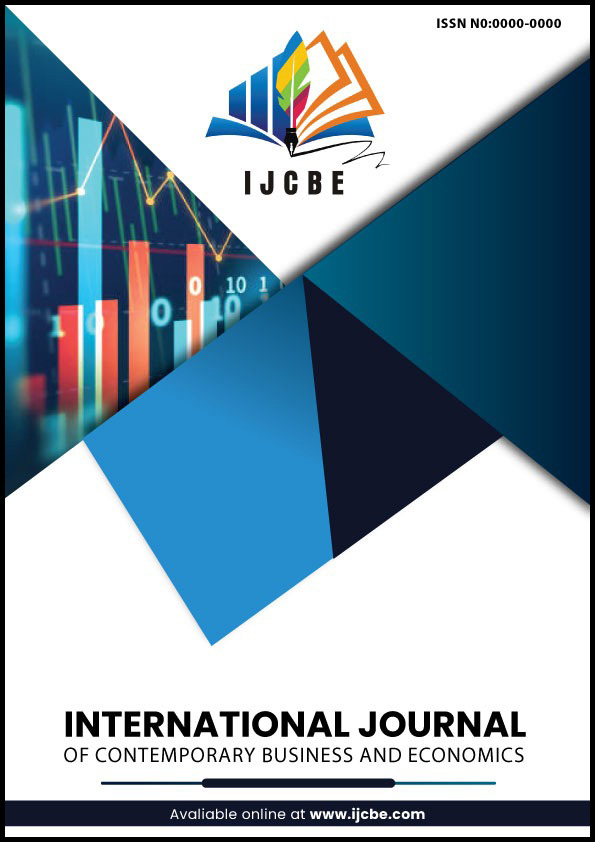A Pathway leads to Quality Tertiary Education via the change in Learning Technologies and Students’ Academic Self-Concept with the intervention of Students’ Creativity
DOI:
https://doi.org/10.61338/ijcbe.v1i02.15Keywords:
Academic Self Concept, Attitude towards Technological Change, Students' Creativity, Higher Education Institutes (HEIs)Abstract
Since the dawn of civilization, humans have been learning and adapting to new environments and changing scenarios. The fast-paced changing trends in the advancement of educational technology are exercising a push on the Higher Education System to elevate and follow transformation. Moreover, the UN Sustainable Development Goal 4 expands the phenomenon of “Quality Education” by 2030 which suggests building and upgrading the traditional educational environment to a more tech-oriented learning environment.The current study used a quantitative research approach and collected data from a sample of seven nighty eight students from private and public sector universities in the province of Sindh, Pakistan. The study proposed four hypotheses investigating direct and indirect relationships between variables, based on Lewin’s Change Model and reinforced by the Social Exchange Theory. The research findings showed that the attitude toward Technological Change positively and significantly influences the Academic Self Concept through the intervention (mediation) of students' creativity. The interrelationship of the variables in the current study model, especially within the tertiary education of Sindh province, has not been extensively researched before. This emphasizes the uniqueness of the research questions developed based on the theoretical framework of the Kurt Lewin Model. Moreover, the study has been updated to incorporate citations and references from recent years. The study's findings indicate that leaders and managers of Higher Education Institutions (HEIs) play a crucial role in influencing students' academic self-concept based on their views of the technology resources in the learning environment, particularly in line with HEC Vision 2025 and UN Sustainability Development Goal 4 Quality Education. Moreover, students' academic achievement, contentment level, multidimensional learning, and confidence significantly influence the competitive market and contribute to the educational institution's reputation.









